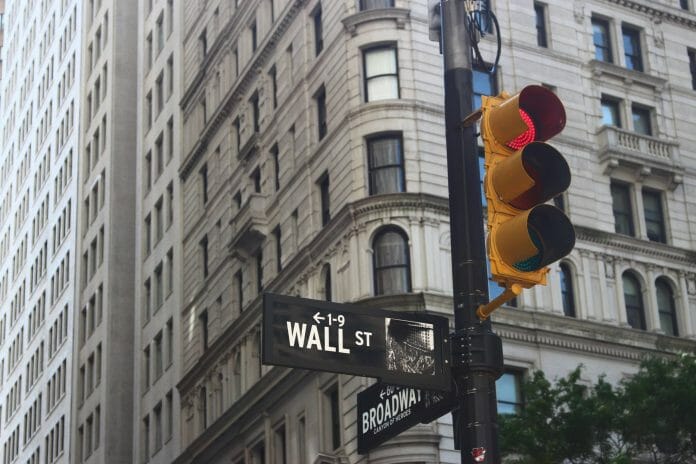Together with the first TV debate, the US election campaign is entering the hot phase, but the electorate has moved again, and this may well challenge Wall Street.
Almost four years ago, exactly 10 days after the November 2016 US presidential election, I had the pleasure of speaking at a conference in New York. Even after 1½ weeks since President Trump was elected, it did not seem that the unexpected result, at that time, has settled-in yet. Among a surprisingly large proportion of the conference participants, there was an outspoken optimism to observe.
A group is, of course, not representative for the whole United States in any way, but it underscored how wrong many election predictions were at that time. The developments in the US election campaign during the past six weeks has evoked some memories from four years ago.
In the election campaign four years ago, Trump used the slogan “Make America great again”, where the agriculture sector was promised better times and the dream was to win manufacturing jobs back from Asia. That plan was not a success, in my opinion, but during his term, he was the first president in decades who was able get a tax reform through the Congress, which should not be underestimated. At the same time, he has continuously kept economic growth going, that the United States had a record low of unemployment rate until the Covid-19 crisis hit the country.
The performance ahead of the Covid-19 crisis could be enough to re-elect a government/head of state in many countries. However, Trump’s communication style is rare, and moreover, his personality is controversial. These two elements are huge noise factors when his chances of a re-election are analysed around the world, where I judge that many of Trump’s core voters perceive the situation somewhat differently.
But the virus hit Trump’s political situation quite hard. Where many leaders in Europe got a stronger standing and earned greater voter support, then Trump’s handling of the crisis led to a declining support among voters. As the unemployment simultaneously rose from historically low levels to historically high levels, it is my belief that many on Wall Street were convinced that the presidential election was merely a formality in favour of Joe Biden.
Just two to three months ago, a number of economists expected that the unemployment in the US would remain at 10 pct. throughout 2020. This would also mean that a US president would have to be re-elected in a situation with 10 pct. unemployment, which for three months ago, I thought would be close to impossible.
If one studies the polls, Joe Biden is still ahead on a national level, and if one includes those states with a predominant tendency toward either Democrats or Republicans, then these combined polls also confirm the current picture with Joe Biden as the next US president. Therefore, I still consider this as the main scenario, but far from as clear as three months ago. For this reason, I expect the election campaign between the donkeys and the elephants, which is how the Democrats and Republicans also are also symbolized, to have a greater impact on Wall Street during the next month.
Joe Biden’s support among voters peaked in July, and since then, the difference between Trump and his Democratic challenger has shrunk. This is also seen in a few of the important states, such as Florida, and interestingly, this coincides with a better development in the labour market than originally expected.
The giant loss of jobs as a consequence of Covid-19 hurting the economy is obvious, but the eternal strength of the American economy means that after just two months of decline, jobs are starting to emerge again It is not perfectly rosy, despite the creation of millions of jobs, the United States still lacks 11.5 million jobs compared to before the Covid-19 crisis. The monthly labour market data published on Friday was the last before the presidential election, therefore making it incredibly exciting, as thereafter, only weekly data will be available.
The reaction to the first TV debate between the two candidates is always very interesting, where a majority of viewers, according to a CNN poll, subsequently said that Joe Biden had done the best job in the debate. This also applied to a number of sub-questions, but in an election campaign, one should never underestimate the importance of the voter’s private economic situation. Here, respondents were still equally divided between Trump and Biden in assessing who is expected to have the most positive effect on the individual’s personal finances.
Due to the movement that I assess has been in the electorate over the past six weeks, I also have adjusted my assessment concerning the effects for the stock market. From expecting a relatively quiet period around the presidential election, I now expect greater fluctuations ahead of the election, and perhaps after, but not yet a negative development on Wall Street.
Peter Lundgreen is the Founding CEO of Lundgreen’s Capital. He is a professional investment advisor with over 30 years of experience and a power entrepreneur in investment & finance. Peter is an international columnist and speaker on topics about the global financial markets.









